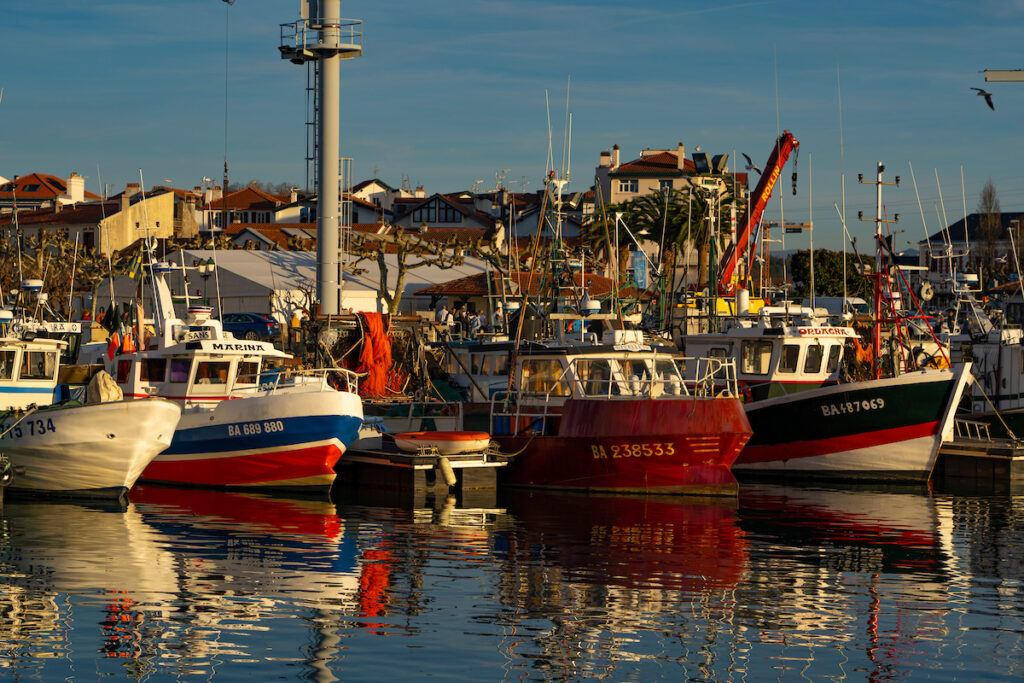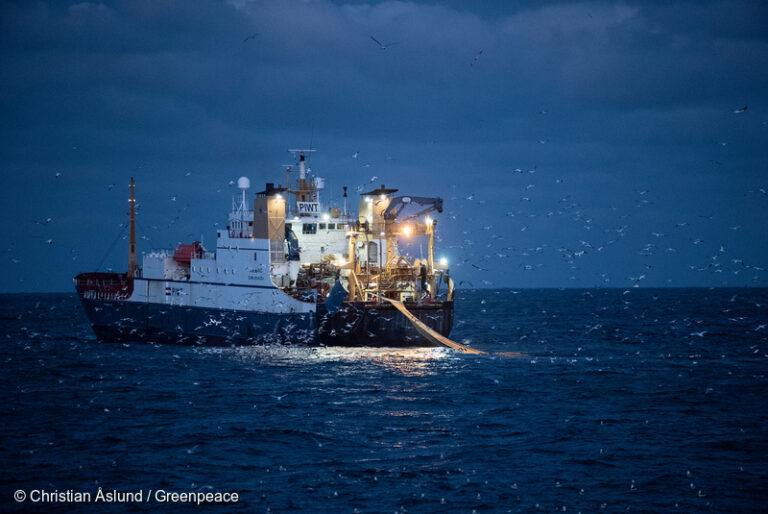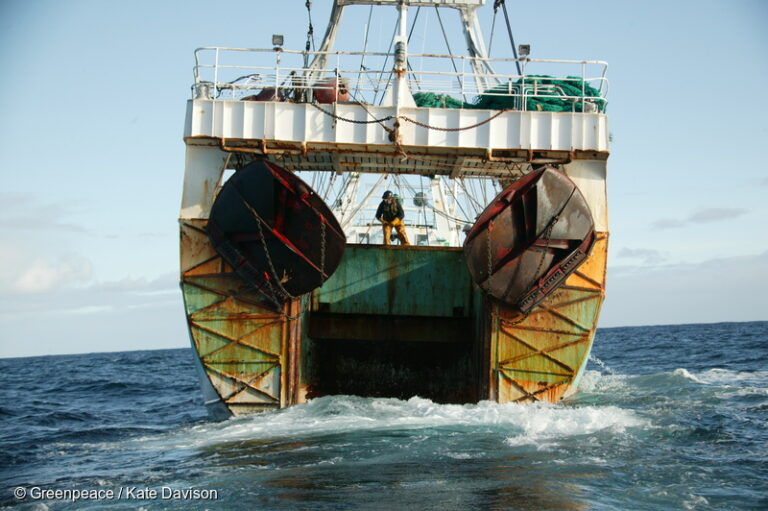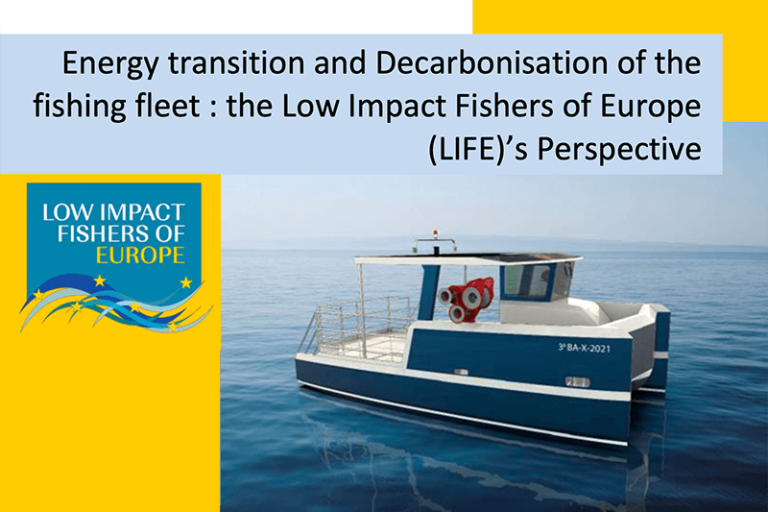
Without the elimination of fossil fuel subsidies from our economies, it will be impossible to reach the agreed climate targets at global level and ensure a decent future for the planet and humankind in the next decades. The recent COP28 climate summit recognised the need to transition away from fossil fuels, and the phasing out inefficient fossil fuel subsidies that do not address energy poverty or just transitions, as soon as possible.
During COP 28, the EU stressed that the transition to a climate-neutral economy will require a global phase-out of unabated fossil fuels and a peak in their consumption in this decade. The EU also highlighted the importance of having the energy sector predominantly free of fossil fuels well before 2050, as well as of striving for a fully or predominantly decarbonised global power system in the 2030s. This leaves no room for new coal power, since cost-effective emissions reduction measures are readily available.
On the 18th of January, the European Scientific Advisory Board on Climate Change, nominated under the EU Climate Law to give scientific advice with the aim of achieving EU climate objectives, recommended that EU decision-makers swiftly conclude the still pending negotiations on key initiatives under the European Green Deal. The Advisory Board emphasises the overdue revision of the Energy Taxation Directive, which is still blocked at the Council level, to better incentivise the deployment of clean alternatives over fossil fuel use.
The Advisory Board also highlights, as a top priority for policy makers, the need to put forward clear plans and timelines to urgently and fully phase out harmful fossil fuel subsidies across the EU. Far from decreasing, subsidies have remained stable at €50 billion per year, and even surged in recent years, which undermines the incentive to reduce fossil energy use and decreases the public budget available to support climate action.
The Belgian EU presidency has shown willingness to advance on the EU Green Deal, which should also include the Energy Taxation Directive (ETD). Will the Council have the political courage to phase out fossil fuel subsidies included in the Energy Taxation Directive in the form of fuel tax exemptions? The Belgian Presidency will have to help Member States to implement their international ambitions at EU level and eliminate fossil fuel tax exemptions while bringing taxation in line with the carbon content of the energy source taxed. This legislation will not be modified in the next couple of decades and we need to get it right for us, the planet and the generations to come.
Where do fisheries come into it ?
Fisheries is one of the sectors that has traditionally received EU fossil fuel subsidies, both directly through state aid and indirectly through the Energy Taxation Directive. As taxation of fuel used for fisheries will be regulated in the revised energy taxation directive, we call for the elimination of the existing fossil fuel tax exemption. This is an opportunity for the fisheries sector to move away from economic dependency and a crucial step to ensure that a decarbonisation of the fisheries can take place. Fuel tax exemptions amount to economic incentives for fishers to continue using fossil fuels.
As like all other sectors of our economies, the fisheries sector will also have to transition towards a less energy intensive and less destructive source of energy. More and more studies – such as this one on bottom trawling – are confirming that emissions from the sector are far greater than previously than assessed. Continuing granting fossil fuel subsidies to the sector is simply anachronistic.
The vital decarbonisation process of the EU fishing sector will need to take into account the impacts of fishing activities on stocks, the wider marine environment and the ocean. We are in the midst of a twin crises of biodiversity and climate change – and overfishing is exacerbating both.
The current energy crisis also impacts the profitability of fishing activities, and is set to be a major driver of the decarbonisation of the fishing sector. Any social impacts of decarbonising will need to be assessed carefully in order to ensure that decarbonisation will also ensure the resilience of coastal communities and leave no one behind.
We need a new vision of the fisheries sector – like that of scientist Didier Gascuel, who is calling for solid and holistic assessments of the environmental, economic and social impacts of fisheries.
If all the income generated by the fuel taxation is redirected towards decarbonisation we will have a win-win situation: the sector will be supported to move away from this unsustainable economy based on fossil fuel and fossil fuel subsidies without major increase of national budgets.
However, decision makers at EU level adopted an INI report on the implementation of the Common Fisheries Policy where they rather stress the importance of receiving public funds to build new fishing vessels for the future, without calling into question the fossil fuel subsidies underpinning the system, or the effect of certain types of fishing practices on the ecosystem including in terms of emissions.
The January 23 “Time for a U-Turn: Towards a social-ecological transition of fisheries’ event in the European Parliament, which called for a new vision for the European fisheries sector based on solid scientific research, gives hope that the vision for a just transition of the fisheries sector can be designed. Decision-makers must now listen to the scientists that call for the elimination of fossil fuel subsidies as a crucial step towards the changes we want to bring about in every EU economy.
Flaminia Tacconi, Senior Lawyer at ClientEarth




